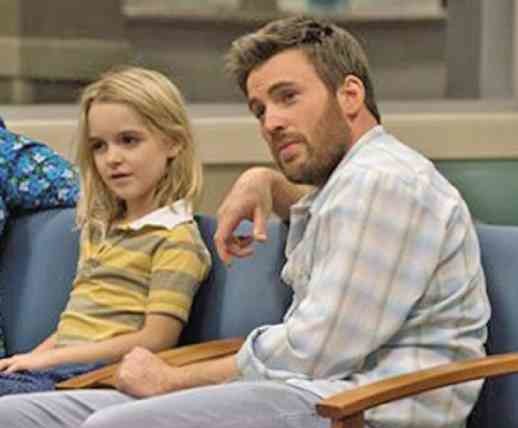Search for equipoise in the life of a conflicted prodigy
Gifted” is a different kind of viewing experience, because its protagonist, Mary, is a 7-year-old math prodigy with a tragic backstory.
She isn’t the usual cute-as-a-button moppet who charms her way into viewers’ hearts, but a sassy, assertive fighter who isn’t apologetic about her brilliance.
In a film world overpopulated by idealized princesses, Mary is an unnerving handful who takes a lot to understand and love.
But, new child star Mckenna Grace does get viewers firmly on her side, despite her occasionally off-putting ways, so that’s an unexpected plus point for the film.
“Gifted” should also be cited for its depiction of a math prodigy, which challenges viewers to elevate their thematic focus and “invest” their empathy in a young protagonist who has deeper issues and conflicts than usual to deal with.
Article continues after this advertisementThey are “forced” to figure out where they stand on the complex question of what’s more important: a child’s genius, or her right to live as a normal kid, with no excessive responsibilities too prematurely heaped on her small shoulders.
Article continues after this advertisementMarc Webb’s film is clearly on the side of normal childhood, and so is Mary’s bachelor uncle Frank, played by Chris Evans. He’s had to bring Mary up after her mother, his sister, killed herself six years ago.
The odds include Mary’s maternal grandmother (played by Lindsay Duncan), who vigorously objects to her son’s decision to encourage Mary to grow up as a normal kid.
What a waste, she wails! Mary’s precocious genius is solely needed by the world of science, so she should be prepared to “sacrifice” her childhood for mankind’s greater good and benefit!
The film presents both sides of the central argument clearly and even combustibly—and the good news is that enough light is shed on the key question to help viewers make up their own minds.
Yes, there are times when the arguments are too technically and wordily presented, thus weighing the storytelling down.
On the whole, however, the conflict is kept personal and emotional enough for empathy to happen.
On the debit side, the precise nature and scope of Mary’s prodigy is not all that clearly presented, so viewers can’t keep up with the advanced math formulas that are blithely bandied about in some “scientifically dramatic” scenes.
They just have to take the production’s word that they’re “important,” and thus deserve their concerned albeit clueless interest.
It’s a good thing that the young protagonist is so sassy and feisty that viewers remain involved. Yes, it’s important that children should be given the time, space and freedom to be “just kids,” even if more important duties and obligations threaten and beckon.
The ideal, of course, is for both childhood and prodigy to be given the freedom to find the equipoise that will enable them to peacefully coexist in little, conflicted Mary.
At film’s end, that possibility is tentatively presaged, but rather vaguely, and thus less than fully earned.
Still, we keep our fingers crossed that it “can” happen to the real-life Marys out there, because their special happiness and integrity are at stake!
